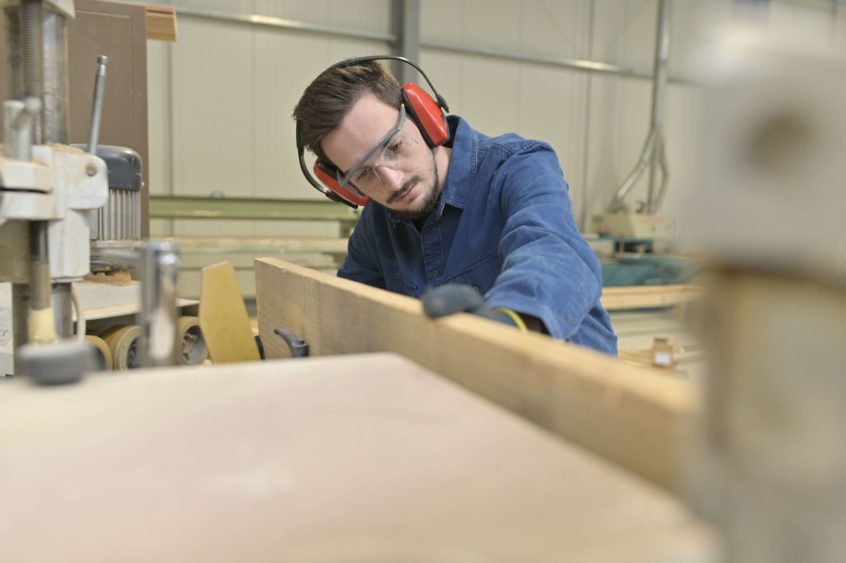Unfortunately, there’s no cure for hearing loss. Once your hearing is damaged, it’s permanent, and though hearing aids can help you hear again, your hearing will never be the same as it once was.
In most cases, hearing loss may occur from years and years of exposure to loud noises, say mowing the yard each week, or from one loud event, like a gunshot. The damage occurs when loud sounds reach the inner ear and destroy the tiny hair cells lining this fluid-filled chamber. Once these hair cells are damaged, there is currently no treatment to repair them. This process can occur from exposure to a single loud noise, or after years of overexposure to loud noises.
To prevent hearing loss, it’s important to be aware of the level of sound you’re exposed to, as well as hearing protection options.
The spectrum of sounds we experience on a daily basis can range from a whisper, at 30 dB SPL, to a jet plane at take-off, usually around 140 dB SPL. A normal conversation registers at 60 dB SPL, on average.
Hearing protection is important when you’re around any activity that could register above 85 dB SPL. So running power equipment, such as high-speed saws or drills, shooting firearms, listening to a loud concert, running the lawnmower, or even using a blow dryer, could cause hearing damage, especially over time.
Because hearing loss is permanent, the best treatment is prevention. In many cases, simple over-the-counter earplugs or earmuffs that can be purchased at drugstores, hardware stores, or sports stores may prevent damage to your hearing. If you are a hunter, musician, swimmer or enjoy concerts, custom earplugs may be right for you. Associated Audiologists offers a full line of custom hearing protection.
Custom hearing protection should not be purchased over the internet. If you are interested in purchasing custom hearing protection, please schedule an appointment with one of our audiologists for a personal consultation and custom ear impressions.
The American Speech-Language-Hearing Association Recommends the following to prevent hearing loss:
- Place earplugs into the ear canal so that they totally block the canal. Earplugs come in different shapes and sizes, and can also be custom made by taking an impression of the ear. Earplugs can reduce noise by 15 to 30 decibels (dB) depending on how they are made and fit.
- Use earmuffs that fit completely over both ears. They must fit tightly so that sound is blocked from entering the ears. Like earplugs, earmuffs can reduce noise 15 to 30 dB depending on how they are made and fit.
- Use earplugs and earmuffs together to achieve even greater sound reduction. Use of earplugs and earmuffs is recommended when noise exposure is particularly high.
- Consider custom earplugs and musicians’ plugs if you are frequently exposed to loud noises. If you are an avid hunter or a musician, be sure to talk with your audiologist about these hearing protection devices.
- Do not listen to loud sounds for too long. If you don’t have hearing protection, move away from the loud sound and give your ears a break.
- Lower the loudness of the sound if possible. Keep personal listening devices, such as MP3 players or iPods, set to no more than half volume. Don’t be afraid to ask others to turn down the sounds from speakers.
- Look for noise ratings on appliances, sporting equipment, power tools, and hair dryers. Purchase quieter products. This is especially important when purchasing toys for children.
- Some movie theaters, health clubs, dance clubs, bars, and amusement centers are very noisy. Talk with managers and those in charge about the loud noise and the potential damage to hearing. Ask to have the noise source lowered.
For more information on custom hearing protection, schedule an appointment with one of our doctoral-level audiologists.



